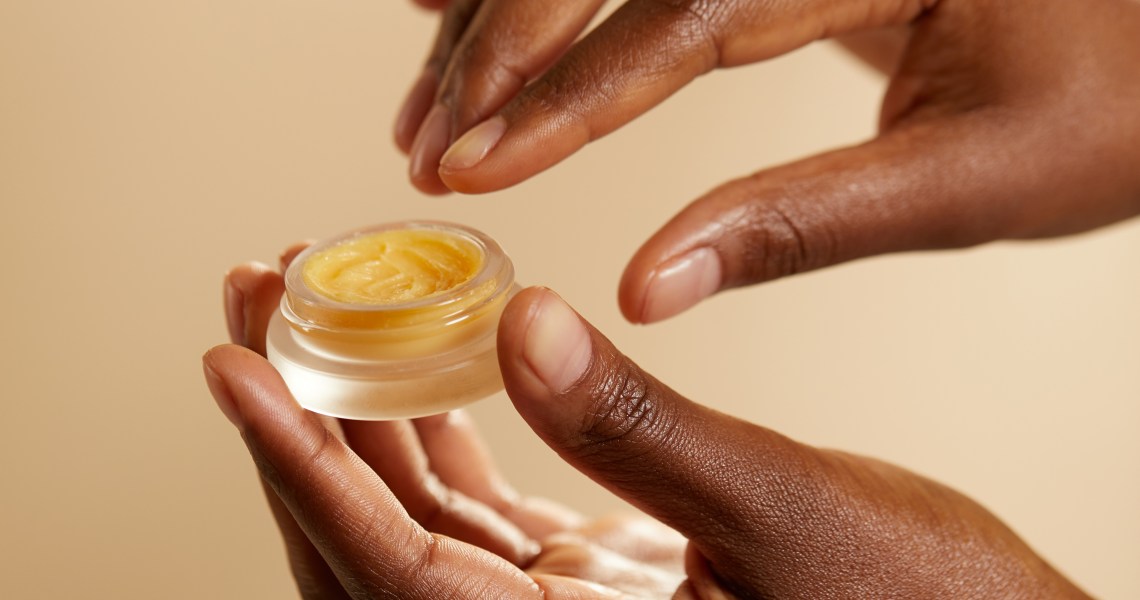The next wave of clean beauty brands wants a first-mover advantage where “clean” is still underdeveloped.
Clean brands have pervaded every beauty category — skin care, cosmetics and fragrance — and conglomerates like Shiseido and S.C. Johnson are scooping up these companies to round out their larger portfolios. Now an array of indie founders are setting their sights on places from Idaho to Singapore, where clean education and products have not reached critical mass.
Barb Paldus, founder of Codex Beauty, has her eye on international markets such as China, the Middle East and India. In the U.S., Nicole Farb of Grove Collaborative‘s new beauty concept, Roven, is focused on often-overlooked states like Tennessee, Utah, Idaho and Georgia. These under-tapped regions serve as a way for Codex Beauty and Roven to gain marketshare, as well as customer loyalty, amid the overcrowding of clean brands.
“I’m sick of the saturated market in the U.S.,” said Paldus. “The clean brands here aren’t in Asia yet; they don’t have their focus on international at all. I want to get there first.”
So Codex Beauty, which has been in business for less than five months, is shifting its focus from U.S. distribution, where clean has become tablestakes. It is launching internationally in the Middle East through physical retailers in November, on Alibaba-owned shopping platform Taobao for Chinese distribution in December and in 16 other countries throughout 2020, including Singapore, Thailand, India and Russia. Presently, Codex Beauty operates a U.S. e-commerce site, plus its products are sold online through Saks Fifth Avenue and Anthropologie. It has limited distribution in the U.K. and Ireland.
Paldus said she was turned away by U.S. retailers like Sephora and Credo early in Codex Beauty’s inception because those businesses had their fill of clean products. As such, she’s dedicated $6 million of the $8 million she’s invested in the startup to establishing its six international subsidiary companies for regulation, manufacturing, sales and logistics.
“What’s beautiful about going into these countries first is that we have the opportunity to set the standard of clean is and become what the customer knows first,” said Paldus.
Ad position: web_incontent_pos1
Codex Beauty does not have the brand recognition or buzz of a Drunk Elephant, so there is a certain edge that getting into international markets first affords. International has been top of mind for Drunk Elephant since its purchase by Shiseido, said Marc Rey, Shiseido Americas president and CEO and Shiseido Group chief growth officer. However, the details of that expansion are still being determined.
Codex Beauty’s collection is EcoCert certified (by the French organic organization), making it easier for the European consumer to accept and understand. Because of its simultaneous push into the Middle East and parts of Asia, Paldus did not use alcohol in manufacturing its beauty formulations to also be Halal certified for Muslim consumers.
But international markets are not the only place to capture an edge — there are still pockets of the U.S. that are underutilized. Roven, which opened its e-commerce shop and flagship store in Venice, California on Oct. 8, is trying to ease shoppers’ path to clean beauty just as its parent company attempted to do with home cleaning products. Farb explained that, while over 50% of Grove’s customer base is shopping non-toxic or natural products for the first time, in beauty, that number spikes to 80%. Roven sells brands like RMS Beauty, Pai and Osea that are found at beauty retailers like Sephora or Credo. However, Roven’s customer base had less than a 10% awareness on any of the 30-plus brands it carries.
“Grove built a trusted place to shop healthy products for your home, and while we do that across the U.S., where we have a sweet spot is in the middle of the country. That woman doesn’t have access to a Whole Foods, Ulta or a Sephora,” said Farb.
Farb explained that the average Sephora or Ulta is at least 30 minutes away from the suburbs of Nashville, Tennessee and Lehi, Utah, which has a large penetration of Grove Collaborative and Roven customers. The parent company’s latest funding round in September was for $150 million and brought the company’s valuation to $1 billion, proving its focus on Middle America is working. Within three years, Roven is expected to account for 50% of overall company sales.
Ad position: web_incontent_pos2
To support this transition, Roven has set up an internal team of 150 “guides,” who customers can text, email or call with questions about specific products or ingredients. Since the brand’s early October debut, Roven reported that its team of guides, which together serve as both a marketing and customer acquisition tool, had interacted with customers more than 100,000 times. Grove Collaborative has been cross-promoting Roven and its guides via its email and social channels.
“Whether it’s because of a lack of a hometown store or a lack of education, customers outside New York and L.A. still don’t know what clean beauty means,” said Farb. “If we can help them discover it and understand it, then Roven wins and so does the customer.”




